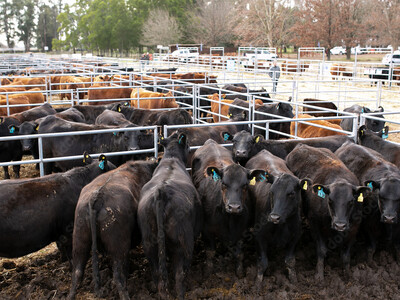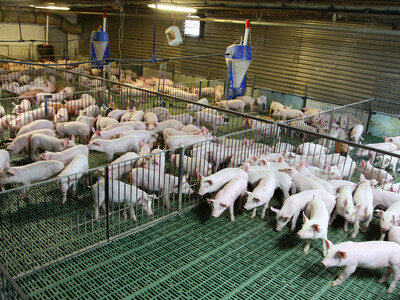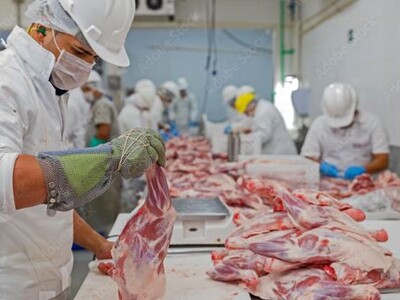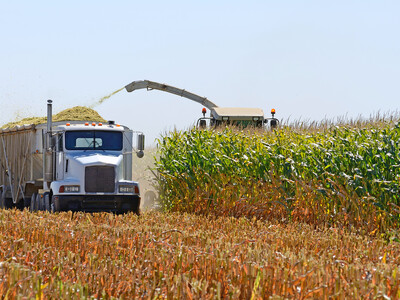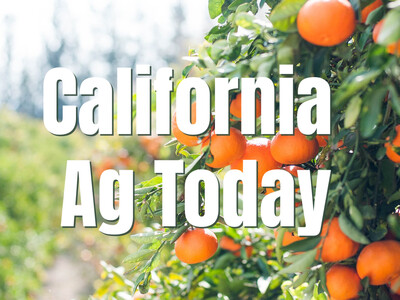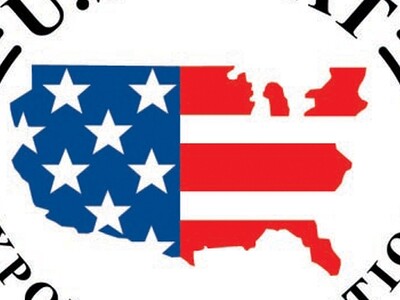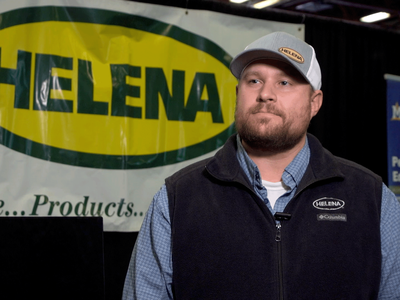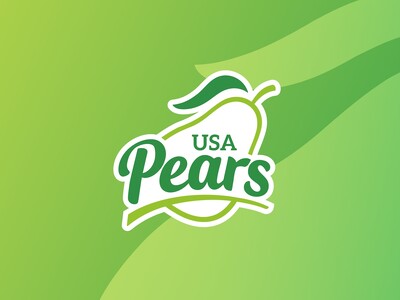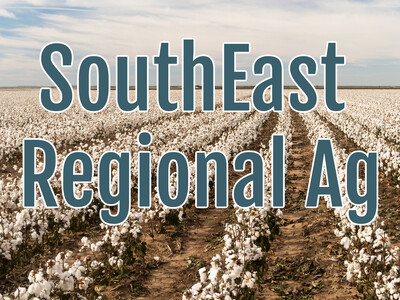Potatoes and Biotech
Potatoes and Biotech. I’m Greg Martin with today’s Line On Agriculture.
Biotech. It is a word that causes fear and anxiety for a lot of folks and excitement for others. Dr. David Douches with the Department of Crop and Soil Sciences at Michigan State University discusses what biotech means for the potato industry.
DOUCHES: What we’re doing is we’re taking a potato plant from tissue culture and what we’re doing is culturing this in the lab in a media; we’re then adding a bacteria that carries our extra gene. That gene gets inserted into the plant and those regenerate into plants that grow in the greenhouse that look quite normal. We put them in field, they look like normal potatoes and so they’re really not that different.
There is nothing harmful or freakish about them, just potatoes with a different gene added.
DOUCHES: Sometimes the conventional approach really isn’t that successful for some traits. Maybe this is one of our ways we can get there quicker or maybe it’s the only way we can get there. What we’re now able to do with all our molecular biology and biotechnology is we’ve isolated genes and so that’s what we’re getting down to the genes of the one that are giving us the traits we want.
This is what a lot of the biotech companies are doing, finding various genes of desirable traits.
DOUCHES: From a scientific point of view if we have a gene and we want to see what it does we can do this in about a 2-year period. Put the gene in; generate some plants; see what results we get and so we can find out quite quickly. So the point to make is I’m a potato breeder, I work with biotechnology developing varieties so I see this a tool. The GM crops is something we integrate with our conventional breeding.
Douches makes the point that biotechnology and working with GM crops has been around for quite some time and there have been many success stories.
DOUCHES: We’re now 15 years on the road where we’ve had these GM crops out there growing in commercial fields. We’ve got over 250-million acres, we’ve got 25 countries, 13.3-million farmers. We’ve got lots of crops here. There’s other countries coming on-line, there’s all kinds of traits that are being put in. There’s other products coming so this is really not new anymore.
That’s today’s Line On Agriculture. I’m Greg Martin on the Ag Information Network.




